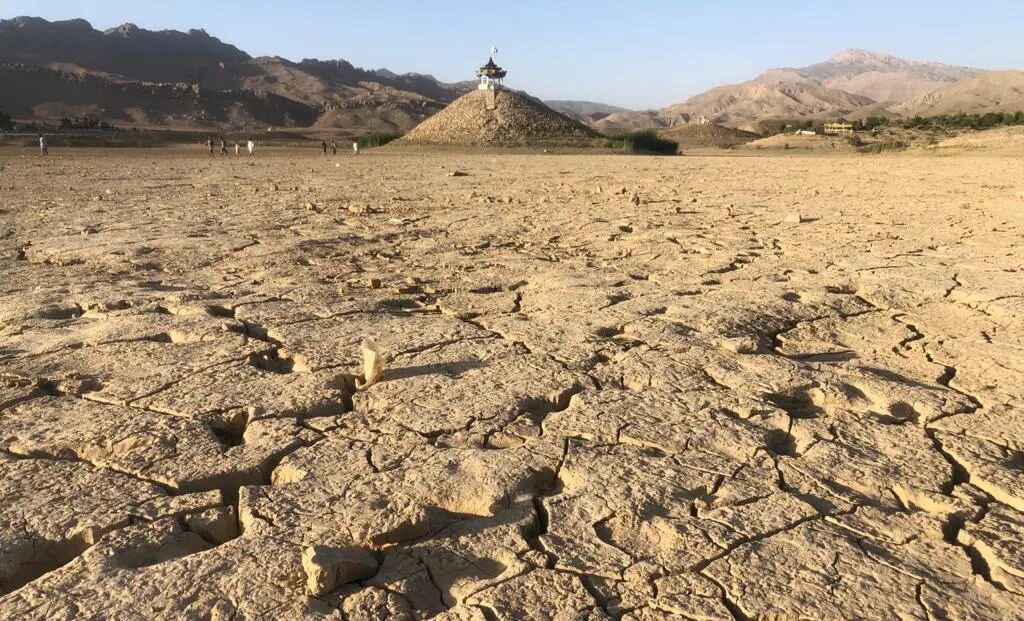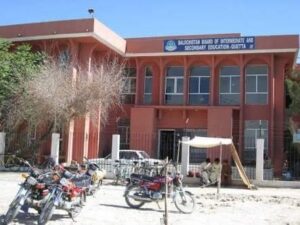Chandni Kakar
Balochistan, a region of unique geological diversity and a long coastline is grappling with severe climate change challenges. This article delves into the causes and consequences of climate change in Balochistan, shedding light on its impact on agriculture, water resources, and the overall ecosystem. Additionally, it explores the global context of climate change, its implications on the region, and potential solutions to mitigate its effects.
The Unique Ecosystem of Balochistan Balochistan’s geological diversity, including rocky mountains and sandy plains, creates a distinct ecosystem. However, these unique features also make it vulnerable to climate change.
Deforestation and Substandard Fuel:
Primary Causes Experts attribute large-scale climate change in Balochistan to deforestation, especially the cutting of juniper forests in Ziarat, and the use of substandard fuel in winter. These practices have increased carbon levels in the atmosphere and disrupted rainfall patterns.
Impact on Agriculture
Impact on Agriculture and Water Resources Climate change has negatively impacted agriculture, causing fruits and crops to suffer. Decreased rainfall and snowfall have led to a significant drop in the underground water level, affecting both farmers and the overall landscape.
Migration and Economic Consequences:
The scarcity of water and extreme heat have driven people to migrate to urban centers like Quetta in search of employment opportunities. Reduced agricultural income from fruit sales has further strained the region’s economy.
Health Implications During Severe Droughts:
Past severe droughts in Balochistan, such as the one from 1997 to 2002, resulted in widespread health issues, including diseases like Congo virus, famine, TB, malaria, and hepatitis, particularly affecting vulnerable populations, including infants and young children.
Overexploitation of Tubewells and Falling Water Levels:
Balochistan faces the challenge of over 50,000 legal and illegal tubewells extracting large quantities of groundwater daily, leading to a rapid decline in underground water levels, exacerbating the water crisis.
Global Climate Change and Balochistan’s Rising Temperatures:
Provincial Secretary of Environment and Climate Change, Niaz Ahmed, emphasizes that climate change is a global problem. Balochistan is experiencing rising temperatures, with Quetta reaching up to 41 degrees Celsius, highlighting the urgency of addressing climate change.
Pakistan’s Role in the Global Climate Crisis:
While Pakistan’s contribution to global climate change is minimal (less than one percent), it ranks high on the German Watch Index for countries severely affected by climate change.
Impact on Weather Systems and Melting Glaciers:
Climate change has disrupted weather patterns, affecting monsoon rains and westerlies in the region. The rapid melting of glaciers, partly caused by a deadly heatwave, has further strained water resources.
Multiple Factors and the Way Forward:
Balochistan’s climate crisis is a result of multiple factors, including infrastructure weaknesses, population growth, poverty, and political instability. Addressing these challenges and implementing effective climate change mitigation strategies are crucial for the region’s future.
Conclusion:
Balochistan’s unique ecosystem and geographical characteristics have made it particularly vulnerable to the effects of climate change. Deforestation, overexploitation of water resources, and rising temperatures are exacerbating the crisis. Recognizing the global nature of climate change and adopting effective mitigation measures are essential for safeguarding Balochistan’s environment, agriculture, and overall well-being.
The writer is a Balochistan-based journalist and can be contacted @kakarChand97707






